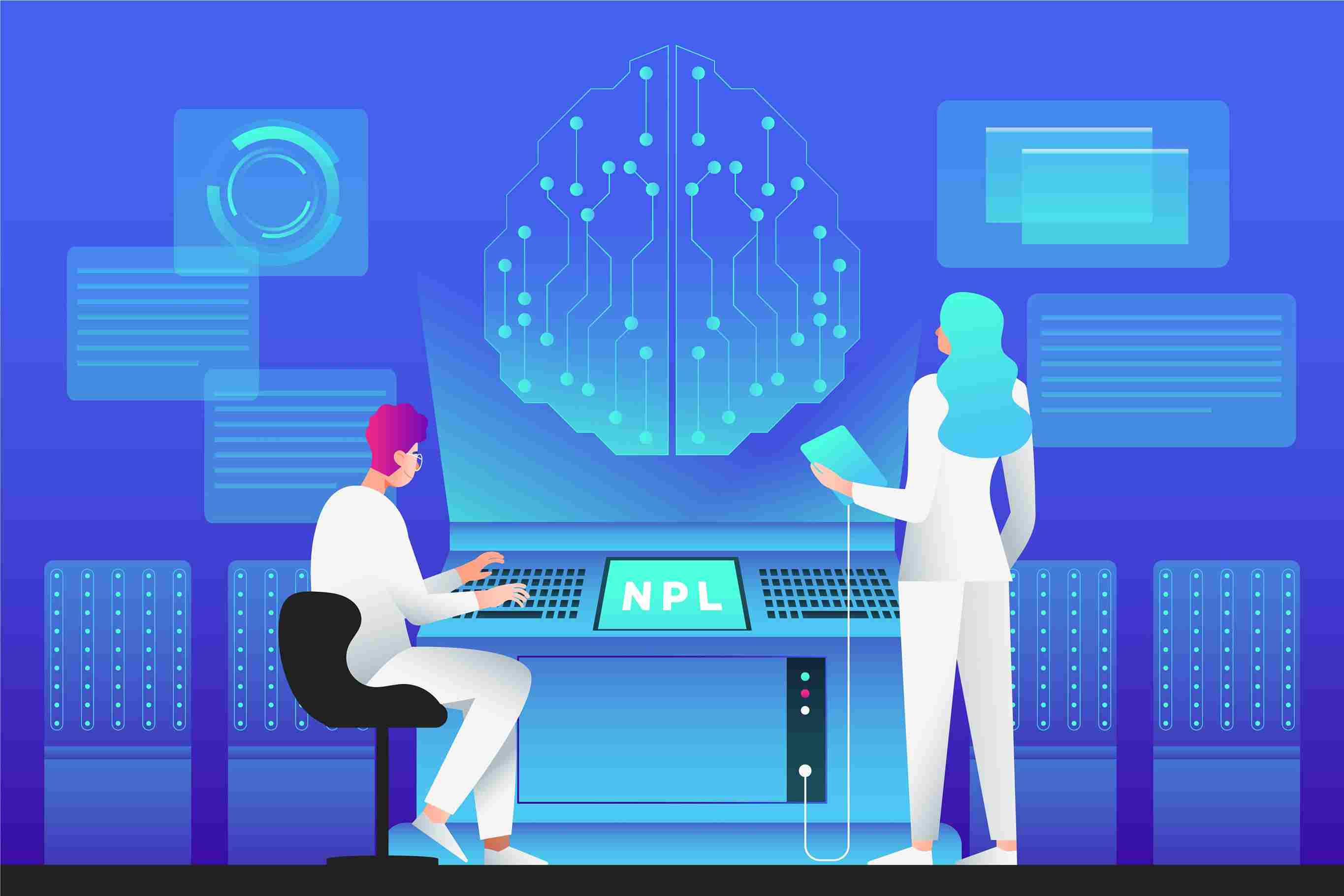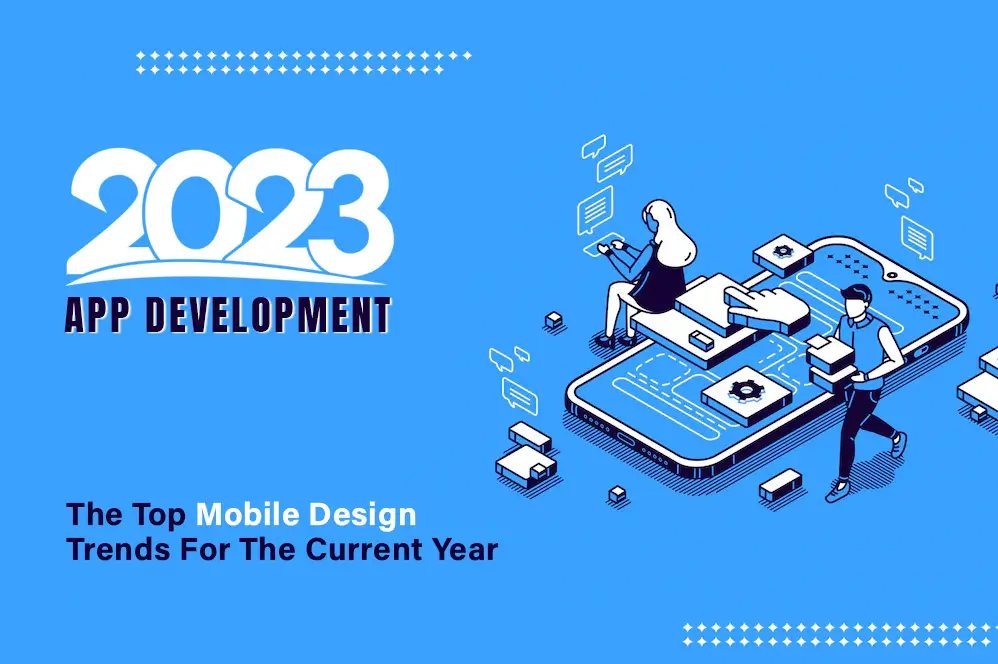Table of Contents
- Introduction
- Current Trends in AI for IT Services
- Emerging Technologies
- Impact on IT Operations
- Challenges and Considerations
- Case Studies and Examples
- Preparing for the Future
- Conclusion
Introduction
Artificial Intelligence (AI) is reshaping industries around the globe, and the IT services sector is no exception. As technology continues to evolve, AI is becoming increasingly integral to IT operations, offering new opportunities for efficiency, innovation, and problem-solving. This blog explores the future of AI in IT services, focusing on the trends, technologies, and transformations expected over the next five years.
Current Trends in AI for IT Services
The application of AI in IT services has already made significant strides. Here are some key trends shaping the landscape:
-
AI-Driven Cybersecurity: AI is enhancing threat detection and response through advanced algorithms that identify unusual patterns and potential threats more quickly than traditional methods.
-
Predictive Maintenance: AI tools can analyze historical data to predict and prevent potential system failures, reducing downtime and maintenance costs.
-
Automated IT Support: AI chatbots and virtual assistants are streamlining IT support by providing instant solutions to common problems and freeing up human resources for more complex issues.
Emerging Technologies
As AI technology continues to advance, several emerging technologies are expected to further revolutionize IT services:
-
Machine Learning (ML) Innovations: Enhanced ML algorithms will provide more accurate predictions and automate complex tasks with greater precision.
-
Natural Language Processing (NLP): Improved NLP will enable more sophisticated interactions between AI systems and users, facilitating better understanding and response to human language.
-
Robotic Process Automation (RPA): RPA will streamline repetitive tasks, allowing IT departments to focus on strategic initiatives and innovation.
Impact on IT Operations
AI’s integration into IT services will bring several transformative impacts:
-
Increased Efficiency: AI-powered automation will streamline IT processes, reducing manual effort and accelerating task completion.
-
Cost Savings: By minimizing downtime and optimizing resource allocation, AI can lead to significant cost reductions in IT operations.
-
Enhanced Decision-Making: AI’s data analytics capabilities will provide actionable insights, improving decision-making and strategic planning.
Impact on IT Operations
AI’s integration into IT services will bring several transformative impacts:
-
Increased Efficiency: AI-powered automation will streamline IT processes, reducing manual effort and accelerating task completion.
-
Cost Savings: By minimizing downtime and optimizing resource allocation, AI can lead to significant cost reductions in IT operations.
-
Enhanced Decision-Making: AI’s data analytics capabilities will provide actionable insights, improving decision-making and strategic planning.
Challenges and Considerations
While AI offers numerous benefits, it also presents certain challenges:
-
Data Privacy and Security: As AI systems handle large volumes of data, ensuring data privacy and protection becomes crucial.
-
Ethical Concerns: The use of AI raises ethical questions regarding job displacement and decision-making transparency.
-
Skills Gap: Implementing and managing AI technologies require specialized skills, necessitating ongoing training and development for IT professionals.
Case Studies and Examples
Here are a few examples of companies successfully leveraging AI in their IT services:
-
IBM: IBM’s Watson AI platform has revolutionized IT support with its advanced analytics and automated troubleshooting capabilities.
-
Microsoft: Microsoft’s Azure AI services are enhancing cybersecurity and operational efficiency for businesses across various sectors.
-
ServiceNow: ServiceNow’s AI-powered virtual agents are transforming IT service management by providing instant, accurate support to users.
Preparing for the Future
To stay ahead in the rapidly evolving field of AI, businesses should consider the following steps:
-
Invest in AI Training: Ensure your team is equipped with the knowledge and skills to work with advanced AI technologies.
-
Stay Updated: Keep abreast of the latest AI developments and trends to adapt your strategies accordingly.
-
Adopt a Strategic Approach: Integrate AI into your IT operations strategically, aligning it with your business goals and objectives.
Conclusion
The future of AI in IT services holds immense potential for innovation and efficiency. As AI technologies continue to advance, they will reshape how IT services are delivered, driving greater automation, predictive capabilities, and enhanced decision-making. By staying informed and prepared, businesses can leverage AI to gain a competitive edge and navigate the future of IT services with confidence.






